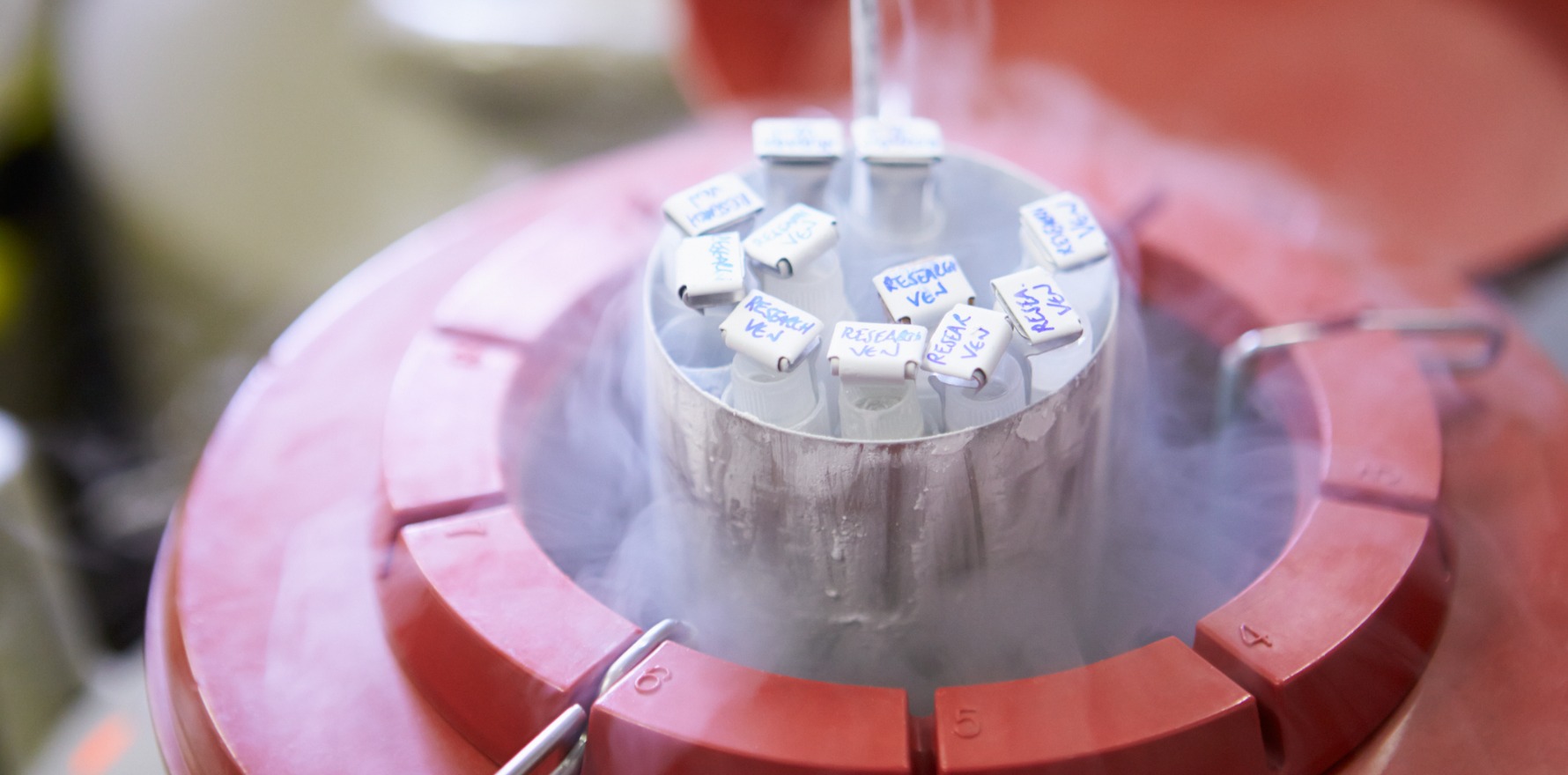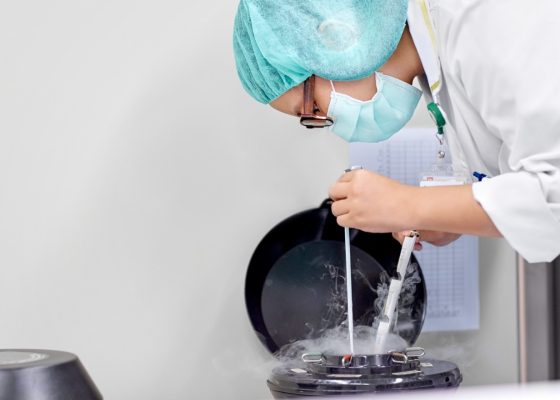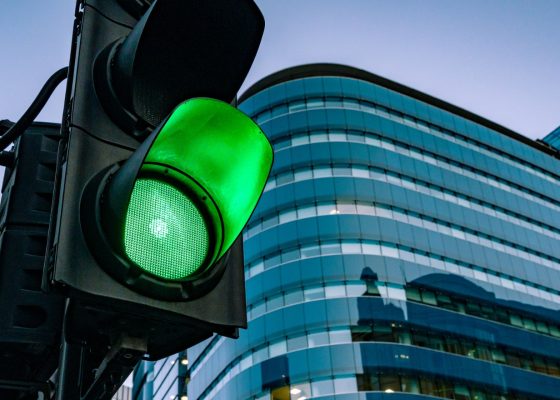FSANZ must oversee the disposal of any material that fails to meet current standards for identification, including thousands from one provider alone.
Queensland fertility clinics have been instructed to destroy potentially thousands of frozen sperm donations after a report by the state’s Health Ombudsman revealed 42% of samples collected under audit were at a “medium or high risk” of being misidentified.
In the final report released following its investigation into non-compliance or adverse events across the state’s 24 ART providers, delivered earlier this week, the Office of the Health Ombudsman recommended that all providers dispose of any “stored donor material not meeting current identification standards”.
While the exact number of donations set to be destroyed remained unclear, according to the report “thousands” of samples stored by one provider prior to 2020 were at a high risk of misidentification as the provider had not complied with double-witnessing processes to match the samples to the “initial material”.
The Fertility Society of Australia and New Zealand’s Reproductive Technology Accreditation Committee (FSANZ-RTAC) was appointed by the ombudsman to oversee the disposal of the samples.
The investigation into practice and procedures across ART providers in Queensland was established in February this year after it was revealed Queensland Fertility Group had received 239 samples from one donor over the course of four years, with the number of children fathered from these samples potentially numbering in the thousands.
“The OHO’s investigation identified significant systemic issues relating to the provision of ART services, including gaps and risks in the current self-regulatory regime in Queensland,” the report said.
“The OHO found that these issues indicate a compelling case for the need for proposed legislation to regulate ART providers in Queensland and to strengthen the safeguards for consumers, donors and donor-conceived children.”
Other recommendations from the report included that Queensland government introduce requirements mandating more ‘extensive and wider’ genetic screening of donors, including expanding screening to include carrier status for autosomal recessive genetic conditions, “such as those compensable by Medicare”.
The government was also advised to consider enforcing independent verification of a donor’s medical history by a registered healthcare practitioner.
The conclusion of the Queensland investigation comes as FSANZ has established a national review into practices and compliance across ART and IVF providers, to be led by former health minister Greg Hunt and embryologist and public health expert Dr Rachel Swift.




